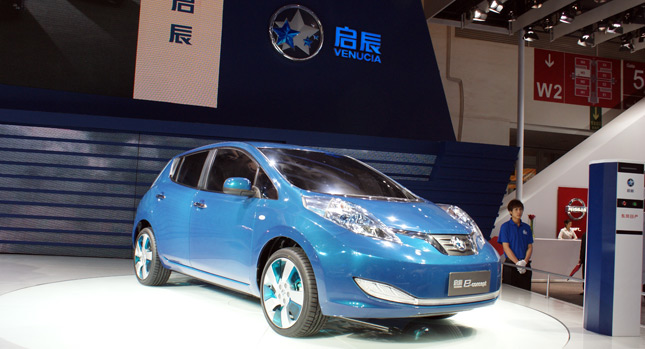Tumbling sales can be attributed to many factors. Japanese carmakers, though, just can’t seem to get a break as since last year, they have seen their production hurt by an earthquake and a tsunami, a nuclear reactor malfunction and now, a political crisis.
As we have already reported, the dispute between the two countries over the ownership of a group of East China Sea islands has resulted in escalating protests, boycotts and even violence against anything Japanese, from restaurants to automobiles in China.
Following these events, Toyota and Nissan announced that last month they recorded their biggest sales drop in China since 2008. In September, Toyota, Nissan and Honda sales fell by 49, 35 and 41 percent respectively, to 44,100, 76,066 and 33,931 units.
Mazda said on October 4 that its Chinese sales have slumped by 35 percent, hitting a 19-year low. One day later Mitsubishi disclosed that its local sales crashed by an astonishing 63 percent and today Suzuki announced that deliveries fell by 43 percent over the same period last year.
“People are afraid of buying Japanese cars”, said Takagi Securities general manager Satoshi Yuzaki. He also predicted that “if the situation doesn’t settle and if Japanese carmakers can’t quantify the impact soon, there will be a lasting effect on their earnings.”
Collectively, Japanese companies have the largest share of the Chinese auto market than any other foreign country. Yet the recent events are forcing them to reconsider their plants’ output.
According to Reuters, Japanese newspaper Nikkei reports that Toyota, Nissan and Honda plan to reduce their Chinese production by nearly 50 percent.
Toyota and Honda will do so by shortening working hours and slowing down production speed, while Nissan will suspend the night shift.
When questioned, a Honda spokeswoman replied that she was checking the report. A Toyota spokesman would neither confirm nor deny the details, saying only that the company’s plants were operating normally after last week’s China national holiday and their production is “based on market demand”.
Meanwhile, non-Japanese brands are making hay of the strong anti-Japanese sentiments in China. For example, Audi announced a 20 percent sales increase in September while Hyundai and Kia said on October 7 that their 2012 sales would probably exceed the 1.25 million units they initially targeted.
Strangely enough, the single largest foreign automaker in China is not exploiting the situation. General Motors announced on October 8 a decline in Buick and Cadillac deliveries and added that in September, the company had reported its slowest sales growth in the last eight months.
By Andrew Tsaousis
Story References: Reuters via Businessweek
PHOTO GALLERY








